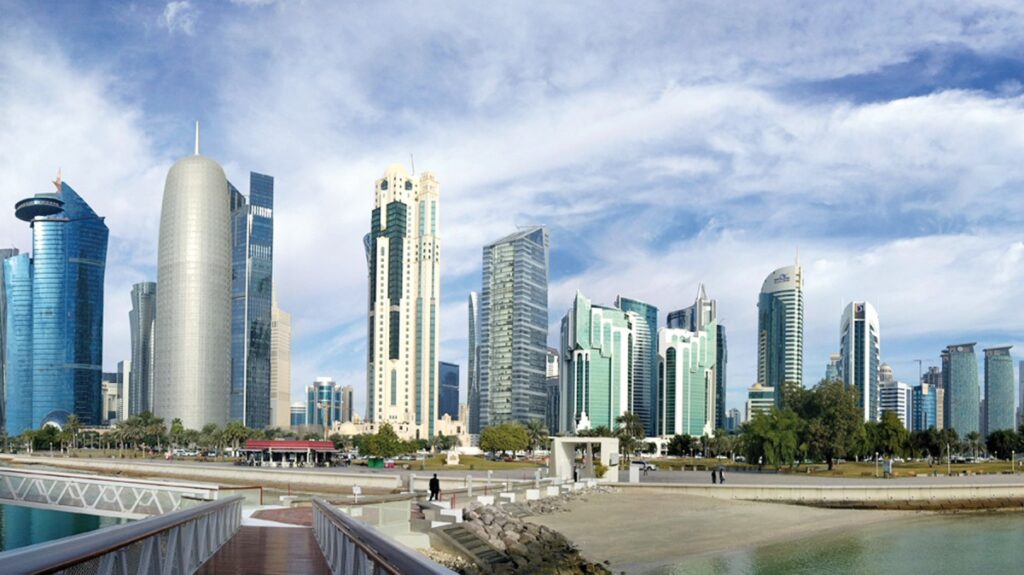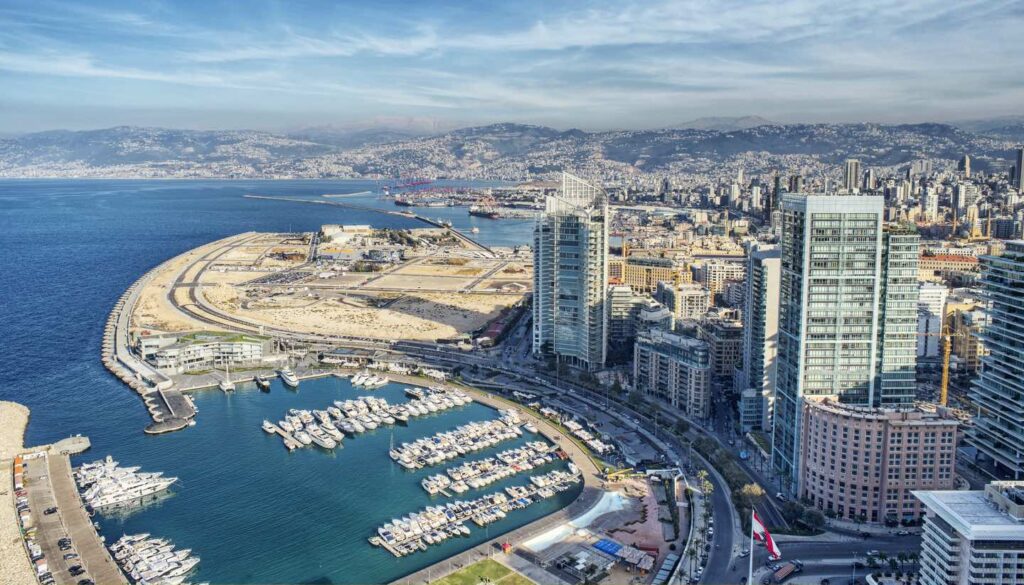
Choosing the right Middle Eastern country for expansion can make or break your strategy. One market opens doors to tax advantages, scale, and investor confidence. Another traps you in bureaucracy, unclear regulations, and vanishing margins. If you want growth, pick your location with precision.
Below is a guide to where foreign companies find momentum—and where expansion turns into a liability.
Table of Contents
UAE – Fast, Global, and Ready for Scale
Dubai and Abu Dhabi don’t just invite foreign companies—they’ve built the infrastructure to scale them. The UAE remains unmatched in tax incentives, digital government services, and licensing speed. Business owners can launch operations in less than a week through specialized free zones.
You’ll find options across tech, logistics, health, and media. Dubai’s DMCC and Abu Dhabi’s ADGM provide legal security and capital access that rival Western hubs. There’s zero income tax and full foreign ownership in most sectors. Banking is reliable. Labor laws are transparent.
Visa processing, permits, and renewals are all digital-first. The UAE government constantly updates regulations to meet global business needs. If your goal is fast regional reach and strong investor protections, there’s no better entry point.
What to watch for: Costs are high in key cities. Staff competition is fierce. Local market saturation in some sectors.

Source: thebrewnews.com
Saudi Arabia – Bold Vision, Real Reform
Saudi Arabia is no longer a closed, oil-only market. Vision 2030 reforms unlocked foreign ownership in industries like finance, real estate, logistics, and tourism. Riyadh is becoming the region’s next major capital for foreign investment.
The setup process used to be complex. Now, business setup in Saudi Arabia can be completed with clear steps through platforms designed for international founders. From permits to legal consultation, the process is streamlined, allowing companies to establish presence quickly and securely.
The Saudi market itself is attractive—over 35 million consumers with strong spending power and high public sector investment in new industries. Real estate, renewable energy, and digital services are booming. The country wants global players to succeed.
What to watch for: Labor rules differ from global norms. Some sectors still require local nuance. Processing times can fluctuate.
Qatar – Wealthy, Stable, But Slow
Qatar has money and ambition. It also has world-class infrastructure and high per capita income. For sectors like education, sport, and high-tech, the country offers opportunity. But not without hurdles.
Getting a business license takes time. Government bodies move slowly. Capital requirements shift without warning. Opening a bank account can take weeks. You’ll need strong local contacts and plenty of patience.
There are benefits: the Qatar Financial Centre (QFC) and Qatar Free Zones Authority (QFZA) offer solid tax breaks and legal clarity. But they don’t apply to every industry, and navigating which falls where takes work.
What to watch for: High entry costs. Delayed document processing. Narrow focus on specific sectors.

Source: m.thepeninsulaqatar.com
Bahrain – Small Market, Big Advantage
Bahrain is often overlooked. But if you want smooth entry, clear laws, and regional access, it delivers. The country has one of the Gulf’s most transparent legal systems, and English dominates paperwork and contracts.
It’s not a big market, but it’s an efficient one. Digital infrastructure supports fintech, e-commerce, and logistics. Company registration takes days. There’s zero corporate tax. Rent and labor are lower than in the UAE.
Government support comes through agencies like Tamkeen. Startups enjoy sandbox access and early-stage support. Bahrain also links directly to the Eastern Province of Saudi Arabia, giving it strategic importance despite its size.
What to watch for: Limited local demand. Expansion requires external markets.
Oman – A Work in Progress
Oman offers peace and predictability. But growth-minded companies often find its systems too slow. Licensing takes time. Tax incentives are minimal. Free zones exist but lack full-service support.
For industrial sectors like logistics and energy, Oman may provide strategic location and operational stability. But it’s not optimized for fast tech or service sector growth. Digital systems lag. Government approvals are often manual.
You’ll spend less on rent and labor. But you’ll wait longer for approvals and struggle to scale rapidly.
What to watch for: Lack of fast digital portals. Weak investor support systems. Slower economic diversification.

Source: absomann.com
Kuwait – Capital-Rich, Efficiency-Poor
Kuwait has money. It also has demand in sectors like finance, healthcare, and education. But the challenge lies in execution. Licensing takes months. You often need a local partner. Regulatory approvals involve face-to-face meetings and extended timelines.
The economy is stable, and state investment in infrastructure continues. But for private firms, especially in tech or e-commerce, the pace is frustrating. Few startup incentives exist. Government bodies operate in silos.
What to watch for: Slow approval cycles. Bureaucratic drag. Expensive setup without guaranteed support.
Lebanon – Too Unstable to Trust
Lebanon used to attract investment. Banks were strong. Talent was cheap and educated. But the crisis changed everything. Today, inflation is out of control, banks restrict fund transfers, and political instability blocks reforms.
There’s still human capital. But you can’t build on volatility. Contracts are hard to enforce. Government bodies don’t operate reliably. Even basic infrastructure fails frequently.
No foreign investor can plan three years ahead in Lebanon. That makes expansion impossible to justify.
What to watch for: Currency collapse. Weak rule of law. Risk of capital loss.

Source: worldtravelguide.net
Iraq – Potential With No Safety Net
Iraq offers huge energy reserves, a young population, and strong demand. But that’s where the positives end. Corruption is rampant. Violence remains a threat in key cities. Regulatory institutions are weak.
Some large firms succeed with government-backed megaprojects. But for most private investors, Iraq remains too dangerous. Contracts are not honored. Security costs are high. Risk outweighs reward.
What to watch for: Safety concerns. Legal gaps. High corruption levels.
Recap – Choose Strategy Over Hype
Middle East expansion can yield big rewards—but only in the right country. You need control over your business. Fast setup. Clear tax rules. Legal security. Without those, growth becomes guesswork.
Top picks for 2025:
- UAE – Proven, globalized, efficient
Saudi Arabia – Scalable, reform-driven, well-funded - Bahrain – Simplified, startup-friendly, cost-efficient
Wait and reassess:
- Qatar – Rich but slow
- Oman – Stable but sluggish
- Kuwait – Wealthy but outdated
Avoid entirely:
- Lebanon – Chaotic system
- Iraq – No safe legal footing
Start with a market that respects your capital and speeds your setup. Anything less is a risk you don’t need.







